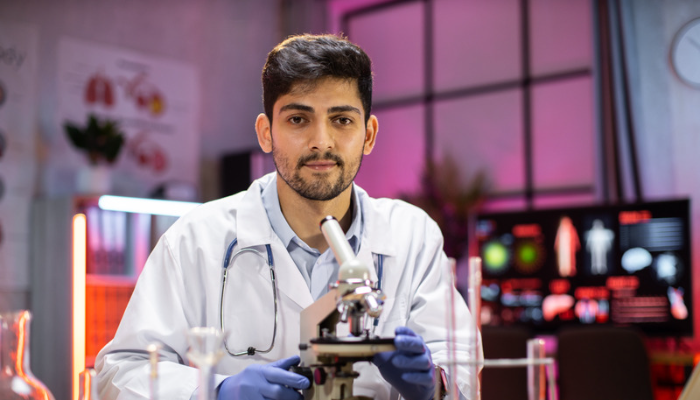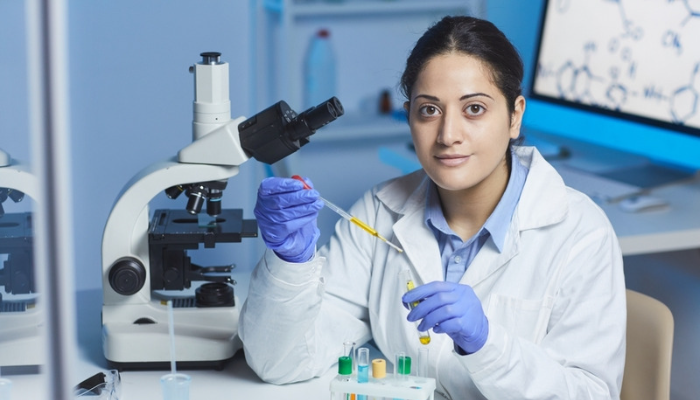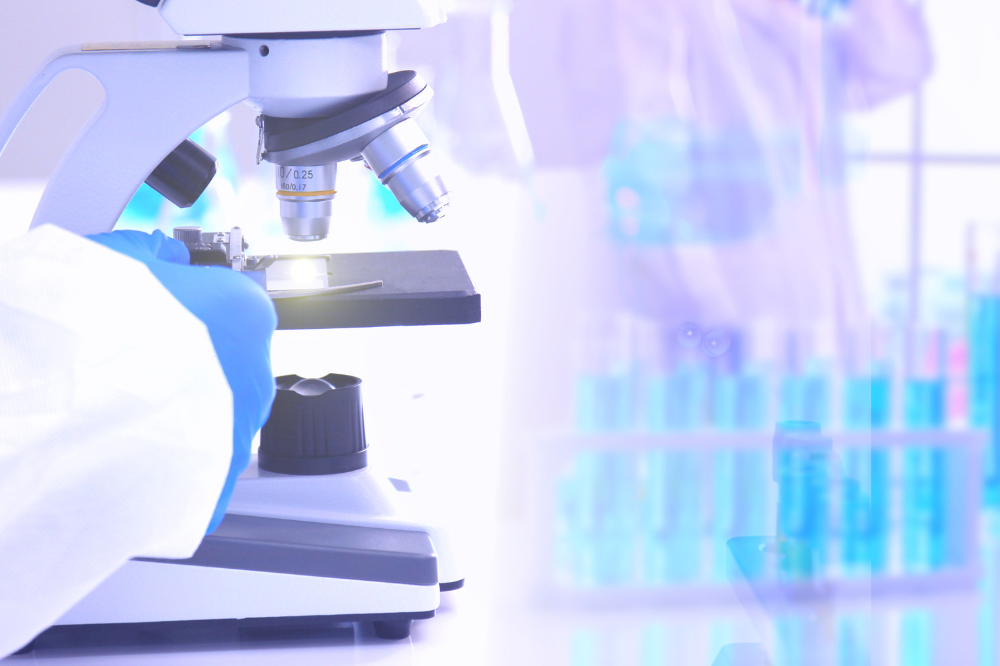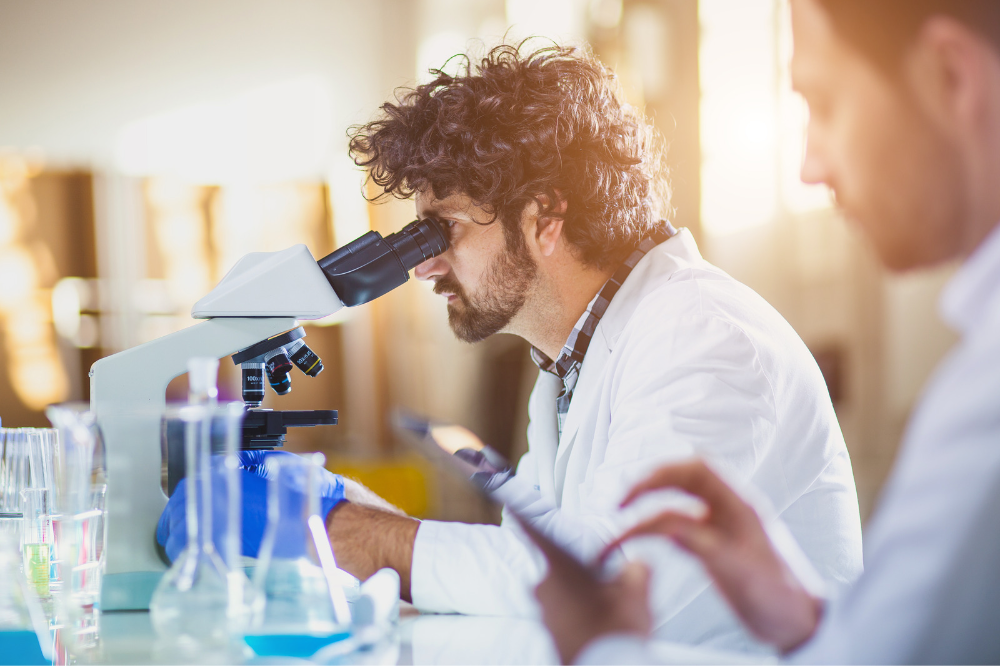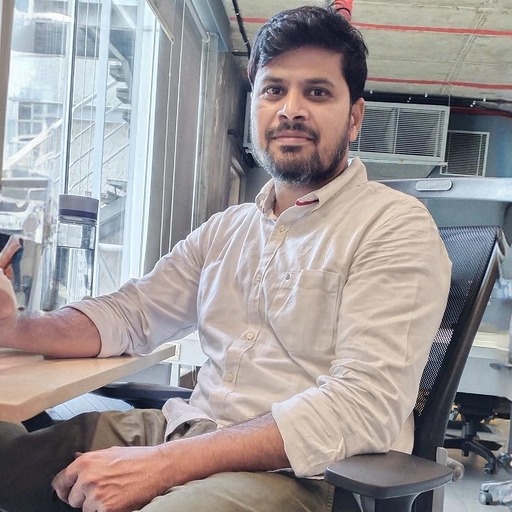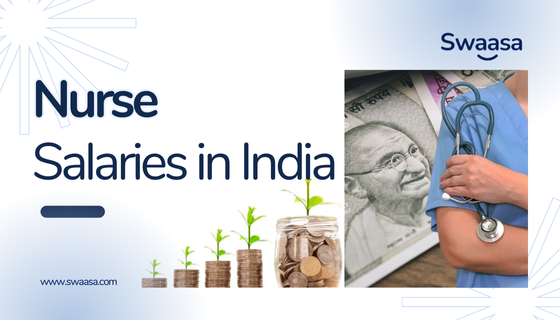The Rising Demand for Lab Technicians: Exploring a Promising Career Path
Diploma in Medical Laboratory Technology (DMLT)
In the field of medical sciences, the role of laboratory technicians is of utmost importance. These professionals play a crucial role in diagnosing diseases and aiding in the treatment process. If you aspire to become a skilled lab technician, it is essential to gain the right education and training. One such program that can pave the way for a rewarding career is the Diploma in Medical Laboratory Technology (DMLT).
Understanding the Lab Course: DMLT
The lab course known as Diploma in Medical Laboratory Technology (DMLT) offers comprehensive training to individuals who are passionate about working in the medical laboratory field. This program equips students with the necessary knowledge and practical skills required to perform various laboratory tests and procedures.
Lab Technician Courses After 12th
If you are interested in pursuing a career as a lab technician after completing your 12th grade, several courses are available to enhance your skills and knowledge. Some of the notable lab technician courses after the 12th include:
1. Diploma in ECG Technology
2. Medical Imaging Technology Diploma
3. Diploma in Medical Laboratory Technology (DMLT)
4. Radiography Technology Diploma
5. CVT Technician Diploma
6. Diploma in Medical Laboratory Assistants
7. Diploma in Clinical Analysis
DMLT vs. BSc: Choosing the Right Path
Many individuals often find themselves contemplating whether to pursue a Diploma in Medical Laboratory Technology (DMLT) or a Bachelor's in Medical Laboratory Technology (BSc MLT). While both courses revolve around medical laboratory technology, they have distinct differences.
DMLT serves as an entry point to kickstart your career as a Medical Lab Technician. On the other hand, if you aim to excel and explore advanced opportunities in this field, a Bachelor's in MLT is a favourable choice. It provides a more in-depth understanding of the subject matter and offers enhanced career prospects.
Is the DMLT Course Easy?
When it comes to the complexity of the DMLT course, it is relatively easier compared to some other medical programs. The curriculum is designed to be predominantly practical-based, allowing students to gain hands-on experience. However, theoretical knowledge is equally important to comprehend the practical aspects effectively. The DMLT course strikes a balance by consisting of approximately 60% practicals and 40% theory.
Salary of a Lab Technician in India
For those considering a career as a Lab Technician in India, understanding the potential salary range is crucial. The salary of a Medical Laboratory Technician can vary based on factors such as experience, qualifications, and the employing organization. On average, the salary of a Lab Technician in India ranges between ₹1.8 Lakhs to ₹4.2 Lakhs per year, with an average annual salary of ₹2.1 Lakhs.
Lab Technician Salary in Government Hospitals
Government hospitals in India often attract aspiring lab technicians due to the stability and benefits associated with these positions. In a government hospital setting, the average salary for a Lab Technician is ₹16,043 per month. Additionally, there may be opportunities for additional cash compensation ranging from ₹8,000 to ₹57,309, depending on factors like experience and location.
Lab Technician Salary in Central Government
Lab Technicians employed by the Government of India enjoy certain advantages in terms of salary. On average, a Lab Technician in the central government earns around ₹2.3 Lakhs per year, which is 12% higher than the average salary of Lab Technicians in India.
Understanding the Stress Level of Lab Technician Jobs
Lab technician jobs can be demanding and stressful at times, as indicated by a survey conducted by the ASCP (American Society for Clinical Pathology). While lab professionals generally express high satisfaction with their roles, they do face certain challenges. These include feeling underappreciated, experiencing job-related stress, and the risk of burnout.
Scope for Lab Technicians
The field of lab technology offers diverse employment opportunities for lab technicians. These professionals can find work in various settings, including pathology labs, urology labs, blood banks, research labs, hematology, cytotechnology, immunology, microbiology, pharmaceuticals, hospitals, and educational institutions. Additionally, lab technicians can pursue a career in education as lecturers or teachers.
Lab Technicians: Not to be confused with Doctors
Lab technicians, although indispensable members of the healthcare system, should not be confused with doctors. They are highly skilled healthcare professionals who work closely with physicians and other medical professionals. Lab technicians assist in performing various diagnostic tests and procedures to aid in accurate medical diagnoses.
MLT and the NEET Requirement
For aspiring students looking to pursue BSc in MLT programs, it is important to note that some universities conduct entrance exams as part of their admission process. NEET UG (National Eligibility cum Entrance Test for Undergraduates) is one such exam that may be required. Eligibility for this program generally requires candidates to pass the 10+2 examination with a science stream and secure a minimum of 50% marks.
MLT Students: The Backbone of Medical Laboratory Technology
Students pursuing MLT programs play a pivotal role in the field of Medical Laboratory Technology. MLT students are trained extensively to become competent and skilled professionals who can perform various laboratory procedures and analyses. They contribute significantly to the healthcare system and work diligently to ensure accurate diagnostic results.
Choosing the Best Technician Course
When it comes to selecting the best technician course, it ultimately depends on your interests and career goals. However, several technician courses have gained prominence in the field due to their comprehensive curriculum and employment opportunities. Some of the highly regarded technician courses include:
1. Diploma in ECG Technology
2. Medical Imaging Technology Diploma
3. DMLT (Diploma in Medical Laboratory Technology)
4. Radiography Technology Diploma
5. CVT Technician Diploma
6. Diploma in Medical Laboratory Assistants
7. Diploma in Clinical Analysis and more.
Institutes for Lab Technician Education
To receive top-notch lab technician education, it is essential to choose a reputable institute. Several renowned institutes in India are known for their excellence in lab technician courses. Some of these institutes include:
1. All India Institute of Medical Sciences (AIIMS)
2. Christian Medical College (CMC)
3. Armed Forces Medical College (AFMC)
4. And many more
Top Colleges for DMLT
If you are specifically interested in pursuing a Diploma in Medical Laboratory Technology (DMLT), various reputable colleges offer this program. Alongside the renowned institutes mentioned earlier, numerous state government colleges also provide quality education and training in DMLT.
BMLT vs. DMLT: Analyzing the Options
When comparing BMLT (Bachelor in Medical Laboratory Technology) and DMLT (Diploma in Medical Laboratory Technology), BMLT typically offers better career opportunities. A Bachelor's degree provides a more extensive and comprehensive understanding of the subject matter, which can lead to enhanced career prospects and specialization opportunities.
Lab Technician: A Promising Career Choice for Women
The lab technician profession offers equal career opportunities for both males and females. It is a suitable career choice for women who wish to pursue a path in the medical field. By completing a B.Sc. in MLT, women can embark on various job opportunities such as Medical Laboratory Technician, Clinical Laboratory Technician, Phlebotomist, Clinical Laboratory Technologist, and more.
Choosing Between MLT and RIT
Both MLT (Medical Laboratory Technology) and RIT (Radiology and Imaging Technology) present promising career options for females. The choice between the two programs depends on individual interests and aspirations. Both fields offer unique opportunities for growth and specialization in the healthcare industry.
Exploring Future Prospects after DMLT
Completing a Diploma in Medical Laboratory Technology (DMLT) opens up several avenues for a rewarding career. After obtaining the diploma, individuals can work as medical laboratory technicians in hospitals, clinics, diagnostic centres, and research institutes. Additionally, there are opportunities for specialization, higher education, and career advancement in the field of medical laboratory technology.
The Potential Salary After B.Pharm
The salary potential after completing a B.Pharm degree may vary based on factors such as location, job position, and industry. In India, the average salary ranges from ₹0.9 Lakhs to ₹4.0 Lakhs per annum for B.Pharm graduates. It is important to note that salaries can vary significantly depending on the job role and the employing organization.
Understanding Lab Exams and Their Significance
Lab exams play a crucial role in gathering essential health information about individuals. Healthcare providers collect samples of blood, urine, or other body fluids or tissues to perform tests that aid in diagnosing or screening specific diseases or conditions. These exams provide valuable insights for medical professionals to make accurate diagnoses and develop appropriate treatment plans.
The Full Form of LAB and DMLT Lab
LAB stands for Lactic Acid Bacteria. It refers to a group of Gram-positive bacteria that produce lactic acid as the major product of carbohydrate metabolism.
On the other hand, the full form of a DMLT lab is Diploma in Medical Laboratory Technology. DMLT lab is a two-year diploma course pursued after completing the 10+2 level of education.
Pursuing B.Sc. and DMLT Simultaneously
If you have completed DMLT or Diploma in MLT, you are eligible to pursue a B.Sc. (Medical Lab Technology) course. This allows you to enhance your educational qualifications and gain a broader understanding of medical laboratory technology.
Steps to Start Your Lab
If you aspire to start your own laboratory business, here is a step-by-step guide to help you get started:
1. Research and create a comprehensive business plan that outlines your objectives, target market, services offered, and financial projections.
2. Establish the legal structure of your business by registering it as a sole proprietorship, partnership, or corporation, depending on your preferences and long-term goals.
3. Secure funding for your lab by exploring options such as personal savings, loans, or partnerships with investors.
4. Find a suitable facility for your laboratory that meets the necessary infrastructure requirements and regulatory standards.
5. Purchase the required equipment, instruments, and supplies to ensure smooth laboratory operations.
6. Hire qualified and skilled personnel, including lab technicians and support staff, to handle various aspects of your lab operations.
DMLT: A Lucrative Career Option
Diploma in Medical Laboratory Technology (DMLT) offers a wide range of career opportunities for aspiring lab technicians. Graduates can find employment as medical laboratory technicians, laboratory supervisors, laboratory managers, or laboratory technologists in hospitals, clinics, research institutes, and diagnostic laboratories. The field of medical laboratory technology continues to grow, presenting ample prospects for career growth and professional development.
Frequently Asked Questions (FAQs) about Lab Technician Careers
1. What does a lab technician do?
A lab technician works alongside doctors and medical professionals, conducting various diagnostic tests, analyzing samples, and assisting in the diagnosis and treatment of patients.
2. What are the educational requirements to become a lab technician?
To become a lab technician, you typically need a diploma or degree in Medical Laboratory Technology (MLT) or a related field. Some programs may require entrance exams or specific educational qualifications.
3. Are lab technician jobs in India stressful?
Lab technician jobs can be demanding and stressful, as they involve handling critical tests, working with precision, and managing time-sensitive tasks. However, job satisfaction and fulfilment can outweigh the stress for many lab professionals.
4. What are the top technician courses available?
Some of the top technician courses include:
• Diploma in ECG Technology
• Medical Imaging Technology Diploma
• Diploma in Medical Laboratory Technology (DMLT)
• Radiography Technology Diploma
• CVT Technician Diploma
• Diploma in Medical Laboratory Assistants
• Diploma in Clinical Analysis
5. Which institutes are known for lab technician education?
Reputable institutes for lab technician education in India include All India Institute of Medical Sciences (AIIMS), Christian Medical College (CMC), Armed Forces Medical College (AFMC), and various state government colleges.
6. Is a Bachelor's in Medical Laboratory Technology (BMLT) better than DMLT?
BMLT provides better career opportunities compared to DMLT, especially for individuals who aim for higher education and specialization in the field of medical laboratory technology.
7. Can women pursue a career as lab technicians?
Absolutely! Lab technician careers are open to both men and women. It is a rewarding career choice for individuals interested in the medical field, including women who can excel in this profession.
8. What are the prospects after completing DMLT?
After completing a Diploma in Medical Laboratory Technology (DMLT), you can find employment as a medical laboratory technician in hospitals, clinics, diagnostic centres, and research institutes. You can also pursue further education or specialize in specific areas of medical laboratory technology.
9. What is the average salary of lab technicians in India?
The average salary of a lab technician in India ranges from ₹0.2 Lakhs to ₹4.2 Lakhs per year, with an average annual salary of ₹2.1 Lakhs. Salary levels may vary based on factors such as experience, qualifications, and the employing organization.
10. How can I start my lab?
To start your lab, you need to research, create a business plan, secure funding, find a suitable facility, purchase the necessary equipment, and hire qualified personnel. It is advisable to seek guidance from experts and follow the necessary legal and regulatory requirements.

